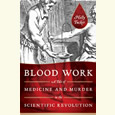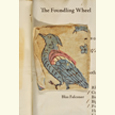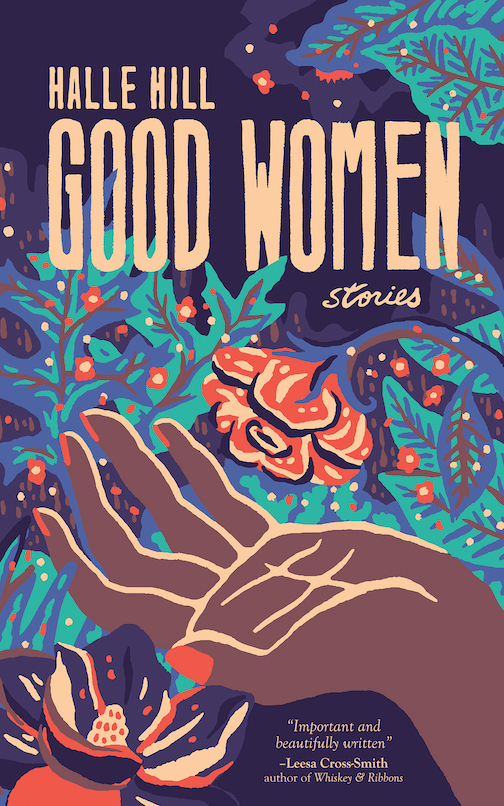Reconciled to Imperfection
Poet Blas Falconer writes with deep empathy in Forgive the Body This Failure
Growing from youth to maturity means, among other things, becoming reconciled to imperfection. With time and living, the illusion of limitless possibility gives way to an acceptance of inevitable failure and frailty. The poems in Blas Falconer’s third collection, Forgive the Body This Failure, are informed by the deep empathy and generosity of spirit that can come with this acceptance.
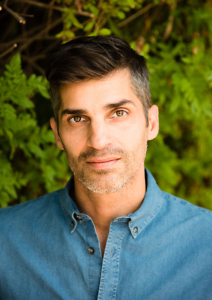 Falconer’s concerns here echo the themes found in his earlier collections A Question of Gravity and Light and The Foundling Wheel: the many varieties of grief and desire, the often sorrowful love between parents and children, and the way the natural world reflects our wounded spirits back to us. What seems new in these poems is the gentleness of his perspective—not the kind of gentleness that grows out of uncertainty or timidity, but a gentleness born of deep compassion and a sense of human fallibility.
Falconer’s concerns here echo the themes found in his earlier collections A Question of Gravity and Light and The Foundling Wheel: the many varieties of grief and desire, the often sorrowful love between parents and children, and the way the natural world reflects our wounded spirits back to us. What seems new in these poems is the gentleness of his perspective—not the kind of gentleness that grows out of uncertainty or timidity, but a gentleness born of deep compassion and a sense of human fallibility.
In the poem “Foundling,” Falconer writes about a woman struggling to mollify a screaming child:
…]What
do you want? she asked,
at last, looking into
his face. What do you
want? At first,
she didn’t know
who she was
speaking to, but when
the boy wailed louder, she
let him.
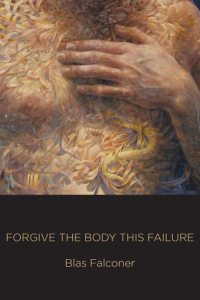 The implication is that the “she” here is a mother, perhaps a new mother, who is not in love with her infant, and the title conveys what the child will become, not what he is. Her question seems double-edged, directed to herself as well as the crying boy. The final line is cruel on first reading—here is the very moment of abandonment. But it can also be read as an assent to the child’s desire. Perhaps he wants to be away from this woman who can’t soothe him, delivered to some happier reality. Maybe he just needs to scream. The poem slides around the temptation to judge the woman without in any way softening the truth of her choice, or the depth of the child’s pain.
The implication is that the “she” here is a mother, perhaps a new mother, who is not in love with her infant, and the title conveys what the child will become, not what he is. Her question seems double-edged, directed to herself as well as the crying boy. The final line is cruel on first reading—here is the very moment of abandonment. But it can also be read as an assent to the child’s desire. Perhaps he wants to be away from this woman who can’t soothe him, delivered to some happier reality. Maybe he just needs to scream. The poem slides around the temptation to judge the woman without in any way softening the truth of her choice, or the depth of the child’s pain.
Pain, usually mingled with love, is at the core of many of these poems, but it’s often pain felt secondhand, the pain of empathy. When a son asks about his absent mother, the father responds, “This / is your share / of the world’s grief, what you must carry, and / which I cannot bear / for you.” The father’s desire that it might be otherwise is unspoken but palpable.
“Vigil,” which gives the collection its title, recounts the struggle of illness from two perspectives at once, speaking for both caregiver and sufferer:
[…]You can kiss the body, but
the body sighs. All day, the body is
failing, the mind failing
to forgive the body for this failure
There’s an erasure of boundaries here, as the pain is both seen and shared. The “mind” that fails to forgive is really two minds, neither one at peace with the body’s decline. And yet there is a kind of peace at the heart of the poem, too, an attitude of quiet acceptance that encompasses even the mind’s lingering resistance.
Falconer, a former Nashvillian who also taught at Austin Peay State University in Clarksville, has always conveyed powerful imagery in his work, and Forgive the Body This Failure has an arresting image in nearly every poem: “a black wall, polished to a shimmer”; a “road littered with mangos”; a house “dark and hollow in / the greater dark.” He has spoken about the role of visual art in his creative process, and he writes stunning ekphrastic poems, several of which are included in this book. “The Window,” written after a photograph by Muriel Hasbun called “Only a Shadow (Ester IV),” uses precision and simplicity to approach a reality almost beyond language:
She is
human in her
simple dress,
who has suffered as
you and I suffer, though
who would dare
imagine what
she’s seen in the streets
of Łódź, the fields
of Auschwitz?
The irony, of course, is that we do dare to imagine: all of us—photographer, poet, and reader. And in this way we become, however incompletely, one with the “human in her simple dress.” This communion of the spirit, at once ordinary and profound, is at the center of Forgive the Body This Failure.

Maria Browning is a fifth-generation Tennessean who grew up in Erin and Nashville. Her work has appeared in Guernica, Hippocampus, the Los Angeles Review of Books, and Still. She is the managing editor of Chapter 16. .
